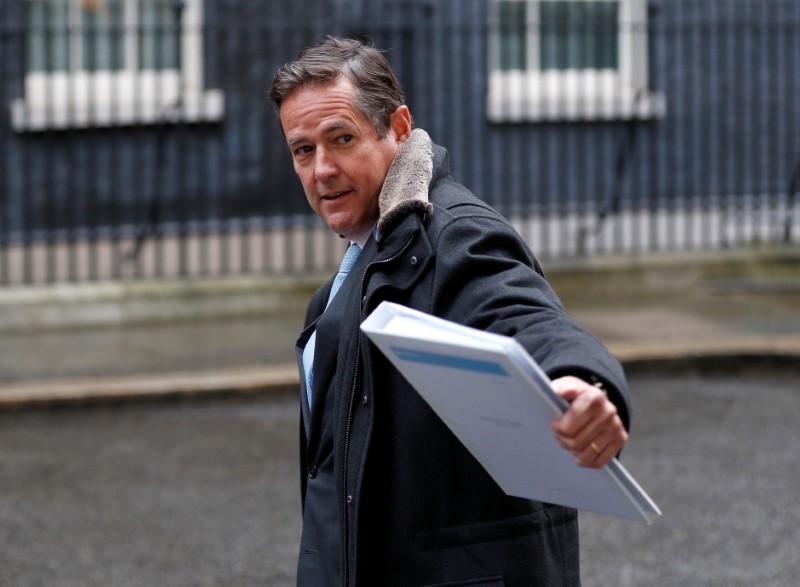By Emma Rumney
LONDON (Reuters) - British whistleblowers will be less likely to speak out, now that the chief executive of Barclays has been allowed to keep his job after trying to unmask an informant at the bank, another whistleblower and the head of a support group said on Friday.
Jes Staley (L:BARC) escaped with a fine on Friday after a year-long investigation by the Financial Conduct Authority and the Bank of England's Prudential (LON:PRU) Regulation Authority into his conduct.
Staley had twice tried to find out who wrote a letter raising "concerns of a personal nature" about an unnamed senior employee at Barclays.
"I probably wouldn't bother now," said Paul Moore, who blew the whistle on Lloyds Banking Group's (L:LLOY) ill-fated takeover of troubled rival HBOS in 2008. "It gives a very clear signal to whistleblowers not to bother."
The investigation of Staley was considered the first big test of the "senior managers regime", set up to hold top bankers accountable after few were punished for their roles in bank collapses during the financial crisis, and initiatives to encourage and protect whistleblowers.
"Whistleblowers around the financial services sector, I'm sure, would have been watching this and making a decision as to whether or not they feel safe and protected, and able therefore to make their disclosures," said Georgina Halford-Hall, chief executive of Whistleblowers UK.
She added that she feared the outcome would deter them from speaking out.
A spokesman for the FCA, which opened 900 whistleblowing cases in 2016-17, down from 1,340 in 2014, said: "The FCA has in recent years taken a number of steps to encourage whistle-blowers to come forward to the organisation, including increasing the resources dedicated to the area."
Julianna Tolan, a barrister at law firm Fox Williams, said the high-profile enforcement action against Staley represented a "rare moment". It was the first time a sitting chief executive of a major bank has been fined by regulators.
But, she said, "If the regulators are looking to use this as a warning shot about the gravity of whistleblower protection, this proposed action doesn't really achieve that."
"The message it sends is a disappointing one," said Mary Inman, whistleblower partner at law firm Constantine Cannon who has spent years representing whistleblowers.

"To whistleblowers, I think it is showing that the FCA isn't as serious about protecting their anonymity as they should be."